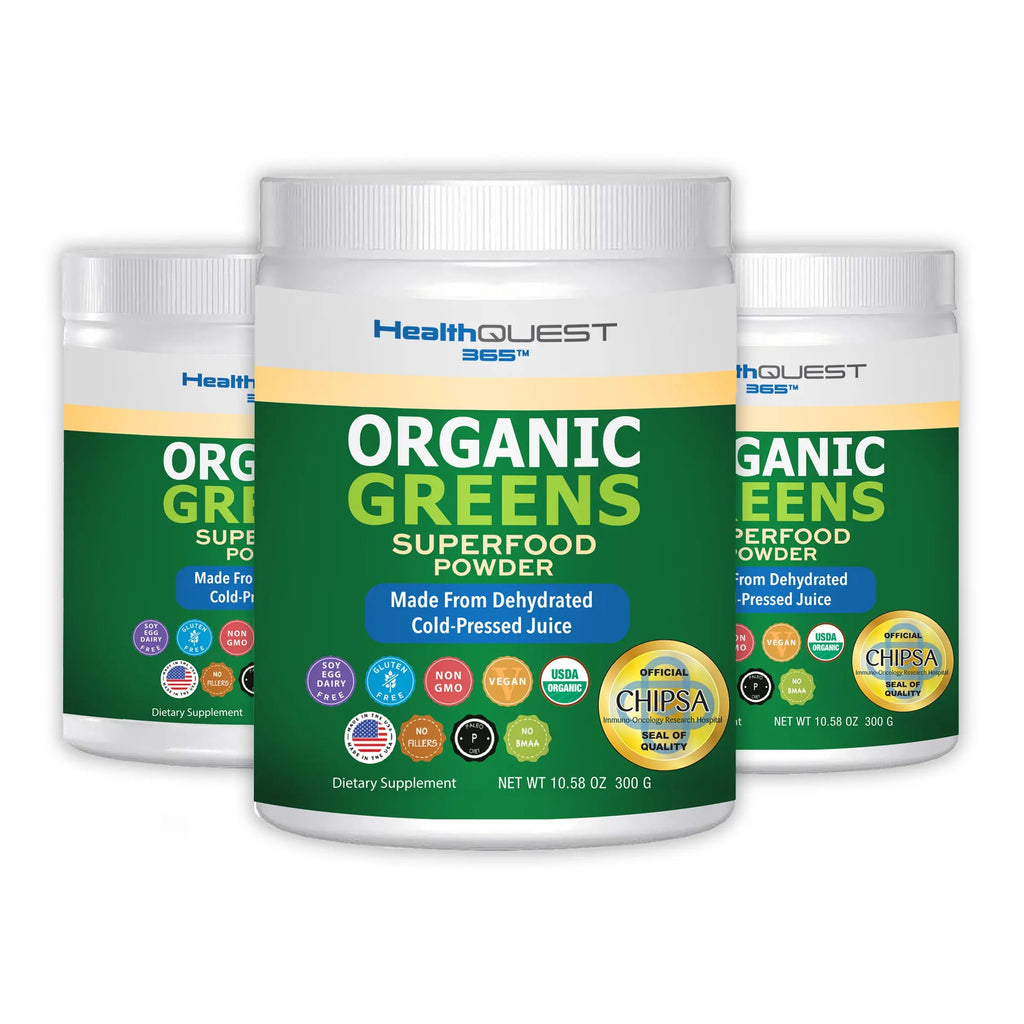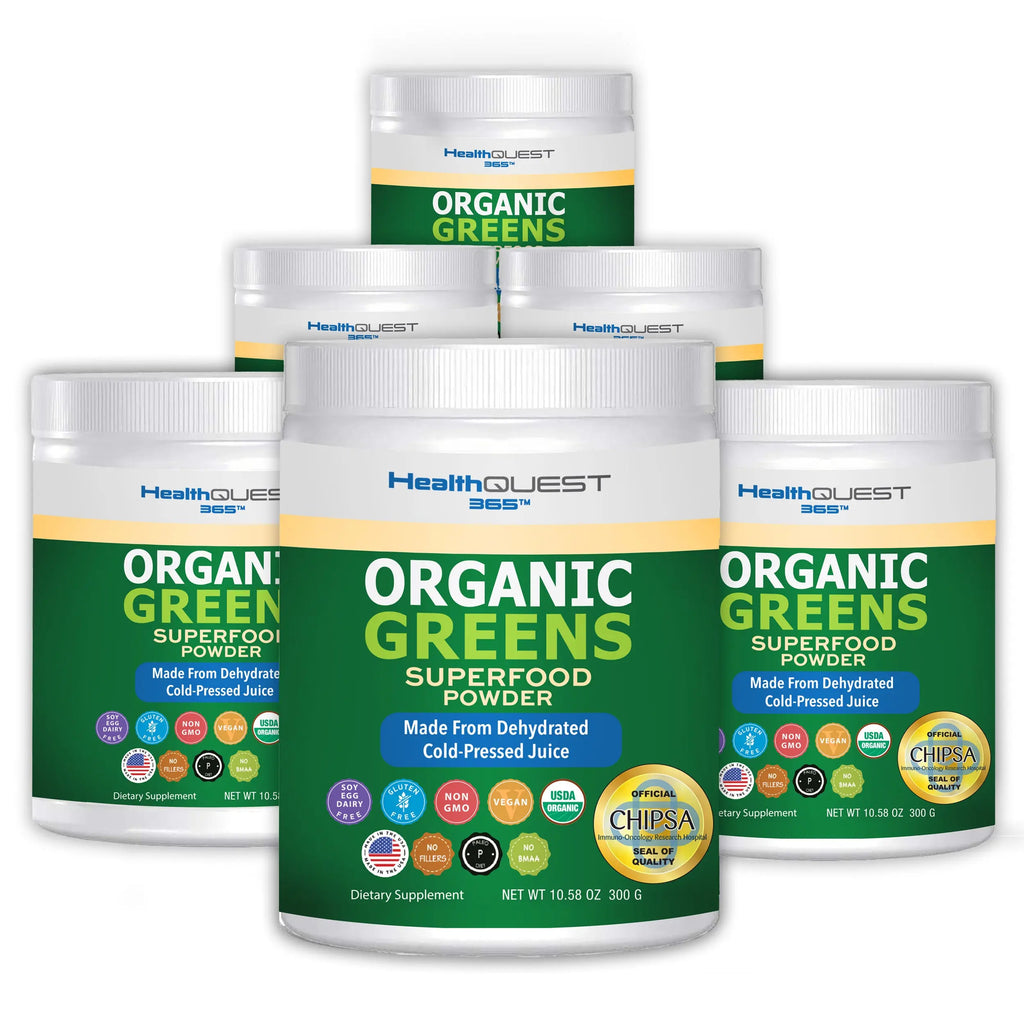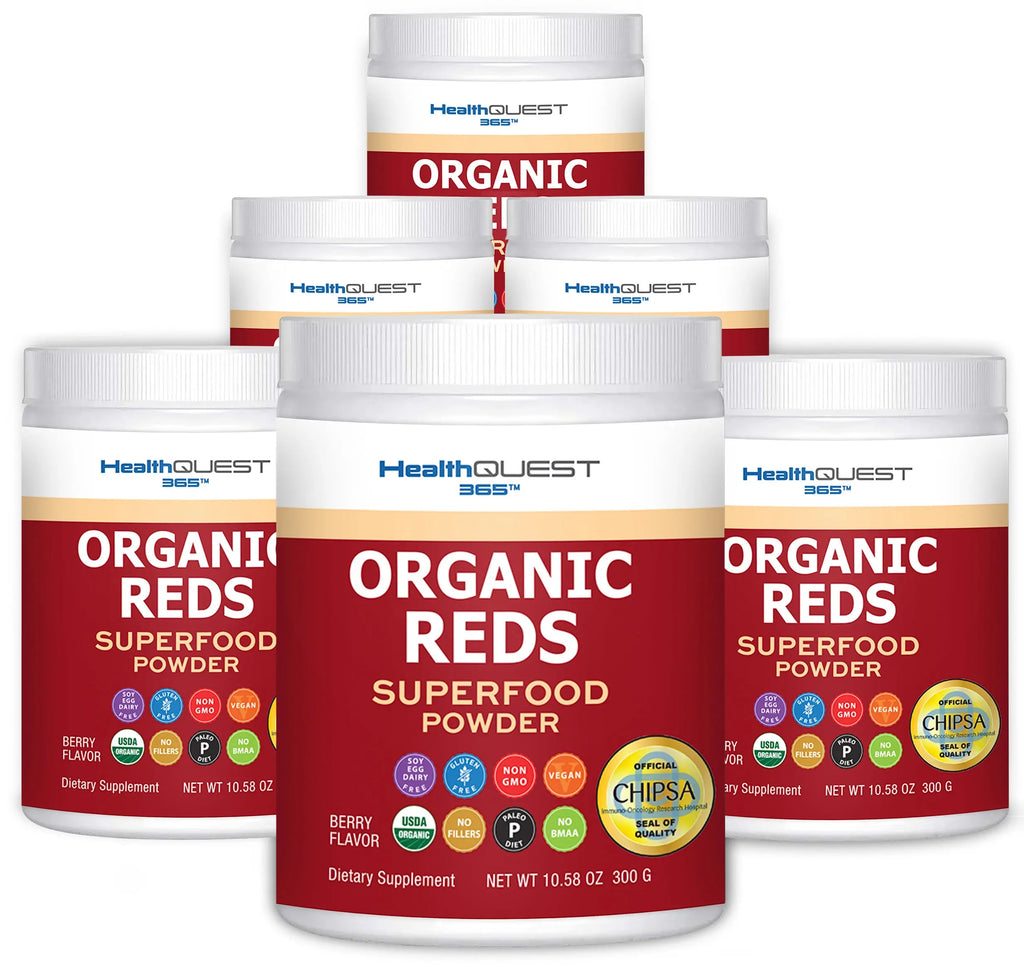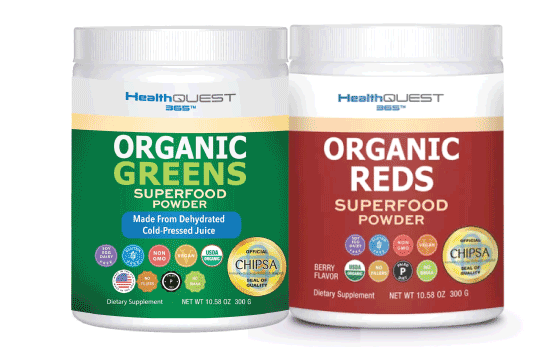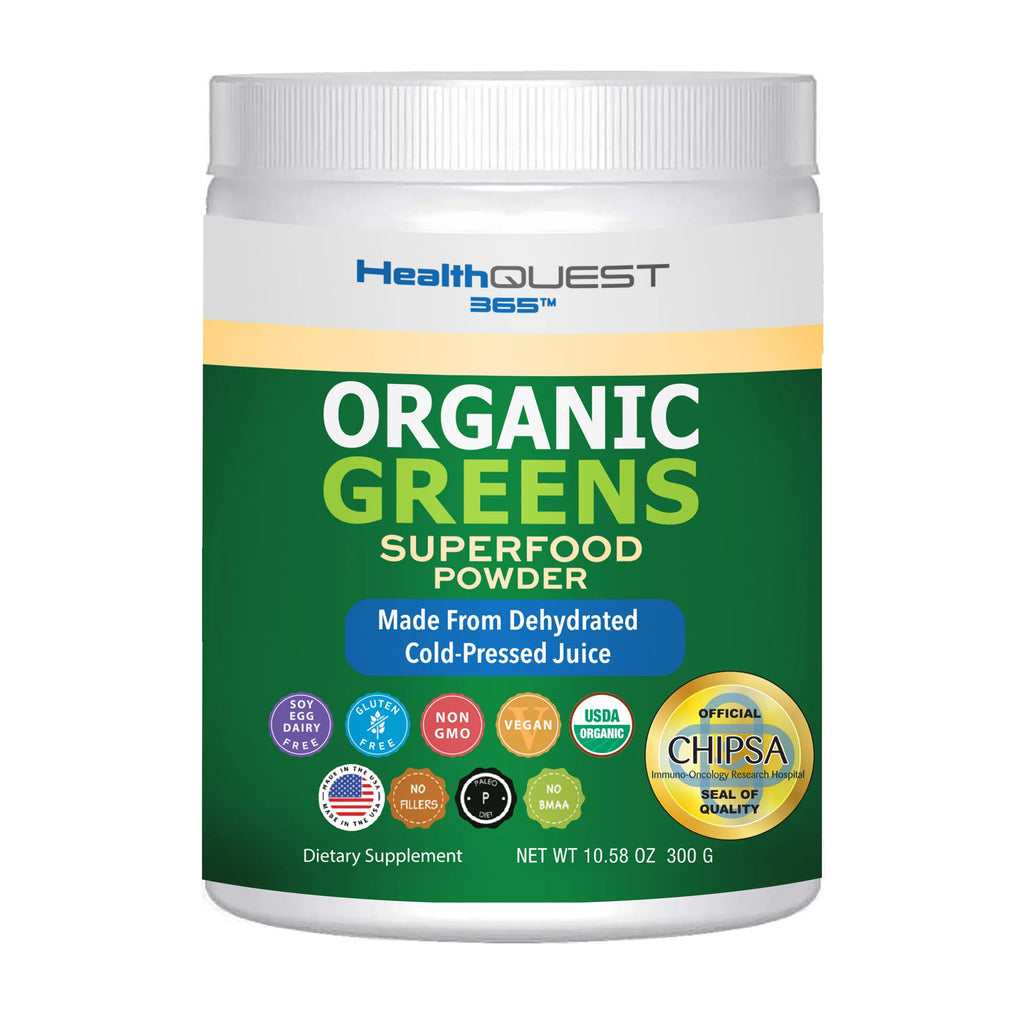It’s about health. It’s about healthy lifestyle. It’s about family™

The Fascinating World of Aging Cells: What You Need to Know
As we age, our bodies go through numerous changes. One of the most intriguing aspects of this process is the way our cells age. Understanding the aging of cells is crucial for unlocking the secrets to a longer, healthier life. In this blog post, we'll delve into the fascinating world of aging cells. We will explore what happens as they age and how this process impacts our overall health.

WHAT ARE AGING CELLS?
Aging cells, or senescent cells, are cells that have lost their ability to divide and renew themselves. This natural cellular senescence process occurs as we age. It can also be influenced by genetics, lifestyle choices, and environmental factors.
As cells age, the cell membrane can become less flexible, affecting its ability to protect and regulate substances entering and exiting the cell.
HOW DO CELLS AGE?
Cell aging is a complex process. Some of the most well-known factors contributing to cellular aging include:
TELOMERE SHORTENING
Telomeres are protective caps at the ends of our chromosomes. They prevent genetic material from being damaged during cell division. As cells divide, telomeres shorten. When they become too short, cells can no longer divide and become senescent.
OXIDATIVE STRESS
Oxidative stress occurs when there is an imbalance between:
-
The production of harmful free radicals
-
Our body's ability to neutralize them with antioxidants
This can cause damage to cellular components, including DNA, proteins, and lipids. That can result in aging cell.
GLYCATION
Glycation is the process by which sugar molecules attach to proteins, lipids, and nucleic acids. They alter their structure and function. This can lead to the formation of advanced glycation end products (AGEs). They can accumulate in cells and contribute to aging.
MITOCHONDRIAL DYSFUNCTION
Mitochondria are the energy-producing structures within our cells. As we age, mitochondrial function declines. This leads to reduced energy production and increased production of reactive oxygen species. This can cause cellular damage.
EPIGENETIC CHANGES
Epigenetics refers to changes in gene expression. They occur without alterations to the underlying DNA sequence. As we age, epigenetic changes can accumulate. This leads to altered cellular function and aging.
THE IMPACT OF AGING CELLS ON OUR HEALTH
The accumulation of aging cells in our bodies can impact our overall health. Some of the consequences of aging cells include:

INCREASED INFLAMMATION
Senescent cells secrete pro-inflammatory molecules, contributing to chronic inflammation. This is associated with many age-related diseases such as:
-
Arthritis
-
Heart disease
-
Alzheimer's disease

Give You ALL Our Best Workbooks
Get all the Best Workbooks + Action Guides from our expert
IMPAIRED MUSCLE TISSUE REPAIR AND REGENERATION
As cells age, their ability to divide and replace damaged or lost cells declines. This leads to slower healing and regeneration processes.
The cell cycle slows down as cells age. This results in a decreased ability to repair and replace damaged tissues. In addition, our bone marrow, heart, and blood vessels become less efficient.
REDUCED IMMUNE FUNCTION
Aging organs and cells can impair the function of the immune system. That makes it less effective at fighting infections and clearing out damaged cells.
In addition, aging nerve cells may have reduced communication efficiency. This leads to slower reaction times and decreased cognitive function. Studying human diploid cell strains helps researchers understand how our cells change as we age. Then, we can find ways to promote healthy aging.
INCREASED RISK OF AGE-RELATED DISEASES
Senescent cells may increase the risk of developing various age-related diseases. This includes:
-
Cancer
-
Cardiovascular disease
-
Type 2 diabetes
-
Neurodegenerative diseases

HOW CAN WE SUPPORT HEALTHY AGING AT THE CELLULAR LEVEL?
We can't stop our cells from aging entirely. However, there are several strategies we can employ to support healthy aging at the cellular level:
MAINTAIN A HEALTHY DIET
Consume a diet rich in fruits, vegetables, whole grains, lean proteins, and healthy fats. This can provide our cells with the nutrients they need to function optimally. It can also help combat oxidative stress.
EXERCISE REGULARLY
Engaging in regular physical activity can help improve mitochondrial function. It can also reduce inflammation and support overall cellular health.
GET ENOUGH SLEEP
Ensuring adequate, quality sleep is essential for cell repair and regeneration processes.
MANAGE STRESS
Chronic stress can contribute to cellular aging through increased oxidative stress and inflammation. Implementing stress management techniques such as meditation, deep breathing exercises, or yoga can help support healthy aging at the cellular level.
SUPPLEMENT YOUR DIET
Want to enhance your efforts in maintaining cellular health? Consider incorporating supplements into your daily routine. Pick a powerful blend of organic greens, fruits, and vegetables. Also, choose supplements packed with antioxidants, vitamins, and minerals. That way, you can fight oxidative stress and support cell health. Organic Greens 365 is a great start!
STAY HYDRATED
Drinking adequate amounts of water is essential for maintaining a healthy immune system. Water helps flush out toxins and supports the optimal function of immune cells.
PRACTICE GOOD HYGIENE
Simple habits like washing your hands regularly and keeping your living spaces clean can help reduce the risk of infections and support overall immune health.

FREE "Mystery Gift"?
Let me stay in touch with you via email and as a thank you - get this FREE gift.. Something others paid over $1,000 for.
(True story)
THE IMPORTANCE OF SOCIAL CONNECTIONS IN HEALTHY AGING
Social connections play a significant role in the aging process. Those with strong social ties tend to live longer and experience better overall health. This is compared to those who are socially isolated.
Engaging in regular social interactions can help reduce stress. It can also improve mental well-being and contribute to a sense of purpose and belonging.
Here are some tips for fostering and maintaining social connections as we age:

Stay in touch with friends and family. Make an effort to regularly communicate with your loved ones. Do this, whether through phone calls, video chats, or in-person visits.

Join clubs or groups. Participate in clubs, classes, or community groups. This can provide opportunities to meet new people and engage in activities you enjoy.
Volunteer. Volunteer for a cause you're passionate about. It can help you connect with like-minded individuals. It can also give you a sense of purpose and accomplishment.
THE POWER OF LAUGHTER IN COMBATING CELLULAR AGING
Laughter is often considered the best medicine. Laughing has been shown to provide many health benefits, including:
-
Reducing stress
-
Boosting mood
-
Promoting heart health
When we laugh, our bodies release endorphins. These are natural feel-good chemicals that help combat stress and promote a sense of well-being. Laughter also:
-
Stimulates the production of immune cells
-
Decreases the secretion of stress hormones
Both can contribute to healthier cellular function and reduced cellular aging. To incorporate more laughter into your life, try the following:
1. Watch funny movies or TV shows. Make time for entertainment that makes you laugh, whether it's a classic comedy film or your favorite sitcom.
2. Spend time with friends who make you laugh. Surround yourself with people who have a good sense of humor and can bring joy and laughter to your life.
3. Learn to find humor in everyday situations. Life is full of unexpected surprises and challenges. Learning to laugh at the quirks and imperfections of daily life can help reduce stress. It can also promote a more positive outlook.
To Wrap Up
Understanding the process of cellular aging and its impact on our overall health is essential. We need to implement healthy lifestyle habits. We can also take proactive steps toward supporting our cellular health. This allows us to combat the effects of aging.
Don't wait for age-related issues to take their toll on your body. Invest in your health today by trying Organic Greens 365 from Health Quest 365. Experience the benefits of this nutrient-dense supplement and give your cells the support they need to thrive. Check out yours now and start your journey toward a healthier, more youthful life!
FREQUENTLY ASKED QUESTIONS
A simple step would be to evaluate your current lifestyle and health, identify areas of improvement, and gradually incorporate healthier habits.
Absolutely! Physical exercises such as jogging, brisk walking, or bodyweight exercises can be done without a gym.
A positive attitude is vital in healthy living as it reduces stress and encourages persistence in maintaining healthier habits.
A supportive environment can be built by including people who have similar health goals or by seeking the support of friends, family, or online health and wellness communities.
Regular check-ups help in detecting any potential health issues early and managing them effectively. They keep you updated about your overall health.

